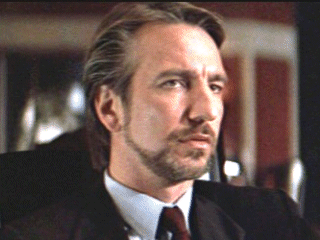| The Colbert Report | Mon - Thurs 11:30pm / 10:30c | |||
| Jimmy Cliff | ||||
| ||||
I love Stephen Colbert! His retort of "I'll take faith and grace" to Jimmy Cliff's desire to be judged on the scorecard of truth and facts is so perfect I almost can't stand it. This interview brings to mind Jesus' words: "Take my yoke upon you and learn from me, for I am gentle and humble in heart, and you will find rest for your souls. For my yoke is easy, and my burden is light" (Matthew 11:29-30).
Jimmy Cliff has decided to "graduate" from religion and wants to be assessed on truth and facts. Well, what are the facts? What is the truth? When the requirements are things like, "Honor your father and mother" and "Love your neighbor as yourself" and "Love the Lord your God with all your heart, soul, mind, and strength," the truth seems to be that we're not doing so well. The facts are that we're coming up a little short. Or...um...a lot short.
To be judged on the scorecard of truth and facts is a hard yoke and a heavy burden. Jesus must, then, be talking about something else. And luckily, he is. Truth and facts lead to a heavy burden because it involves a righteousness required. Jesus says that his yoke is easy and his burden is light because he's talking about a righteousness given. He's talking about faith and grace. Truth and facts mean we're judged on our own merits, or lack thereof. Faith and grace mean that we're judged on Jesus' merits, and judged righteous.
May we always rely on a righteousness that is given and never fear a righteousness that is required. And may we never EVER "graduate" from a yoke that is easy and a burden that is light.










